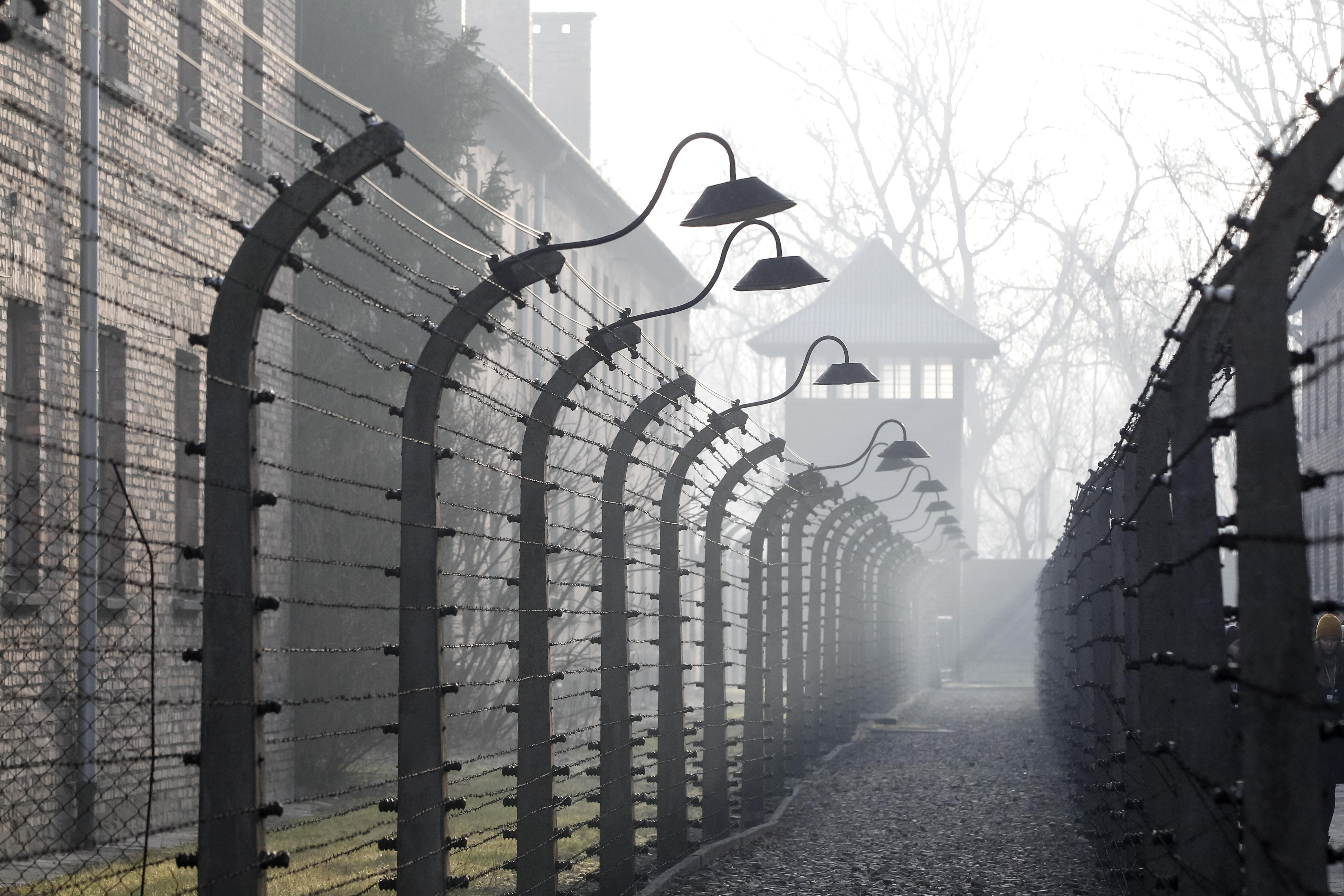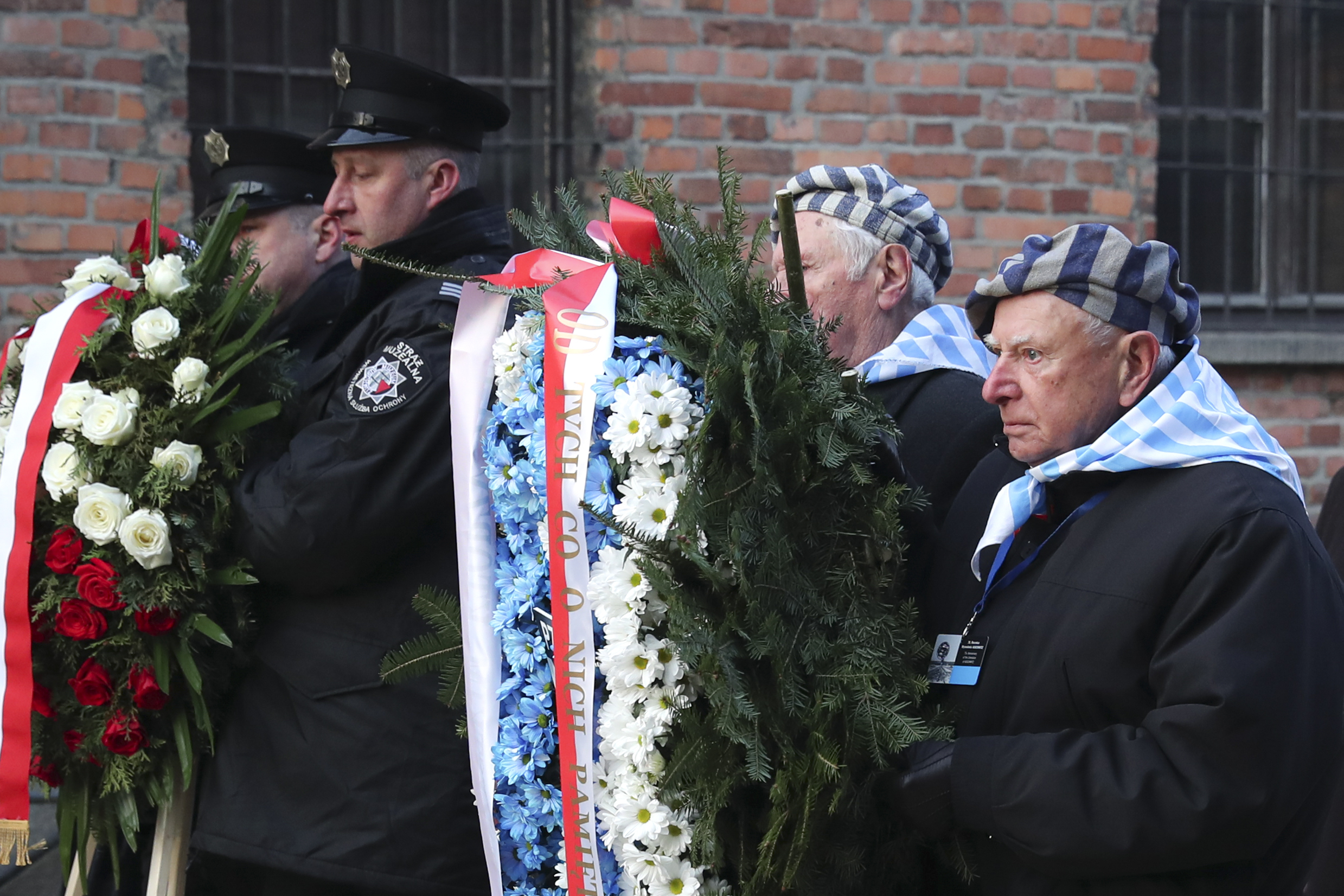Seventy-five years ago the Red Army swept through southern Poland from the east and liberated the notorious death camp of Auschwitz. Soviet soldiers were met with the most depraved “living” conditions as they encountered a camp complex that systematically murdered 1.1 million men, women, and children. Of those 1.1 million, an estimated 1 million were Jews.
Today, on the 75th anniversary of their liberation, some 200 Auschwitz survivors are expected to walk the paths of the camp. Traveling from the United States, Australia, Israel, Peru, Russia, and Slovenia, survivors were brought to Poland by the Auschwitz-Birkenau Foundation and Ronald S. Lauder, the World Jewish Congress president.
As world leaders gather to mark the anniversary, and as Russia and Poland feud over World War II history, the past is seemingly serving the aims of present-day politics. Amidst this, Winston Churchill’s words perhaps ring truer, even today: “Truth is incontrovertible. Panic may resent it. Ignorance may deride it. Malice may distort it. But there it is.”

With anti-Semitism on the rise worldwide, the horrific lessons of the Holocaust are all the more important. Jeanette Speigel, a 96-year-old survivor told the Associated Press, “Young people should understand that nothing is for sure, that some terrible things can happen and they have to be very careful. And that, God forbid, what happened to the Jewish people then should never be repeated.”
David Lenga, who survived Auschwitz and was liberated in 1945, told NBC, “I remember the hangings. I remember the horror. I remember the smoke of the chimney coming out from the crematoria. I remember everything.”
For many survivors, the notorious death camp is the place where their mothers, fathers, sisters, brothers, aunts, and uncles perished. Without a gravestone to visit, this pilgrimage is a way to pay tribute to their dead and remember the depravity so that the “never again” phrase is more than just words.
At Auschwitz-Birkenau a handwritten note carved in one of the barracks still survives and reads, “We live as long as the memory of us is alive.”
Today we honor that memory.

